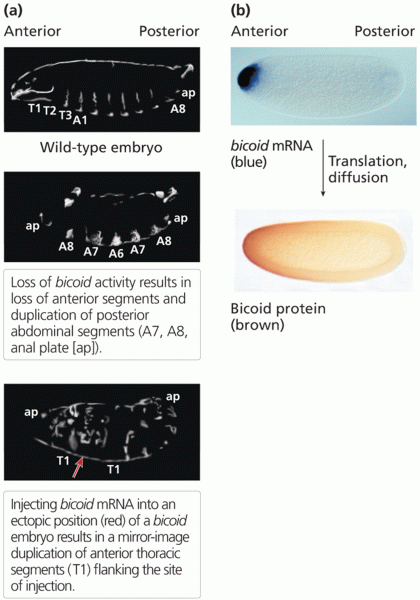|
|
|
In 2012, nearly 24 milliion Americans, aged 12 and older, had abused an illicit drug, according to the National Institute on Drug Abuse (NIDA).
The first oral chemotherapy drug for colon cancer was approved by FDA in 2001.
More than 30% of American adults, and about 12% of children utilize health care approaches that were developed outside of conventional medicine.
Excessive alcohol use costs the country approximately $235 billion every year.
Fatal fungal infections may be able to resist newer antifungal drugs. Globally, fungal infections are often fatal due to the lack of access to multiple antifungals, which may be required to be utilized in combination. Single antifungals may not be enough to stop a fungal infection from causing the death of a patient.







